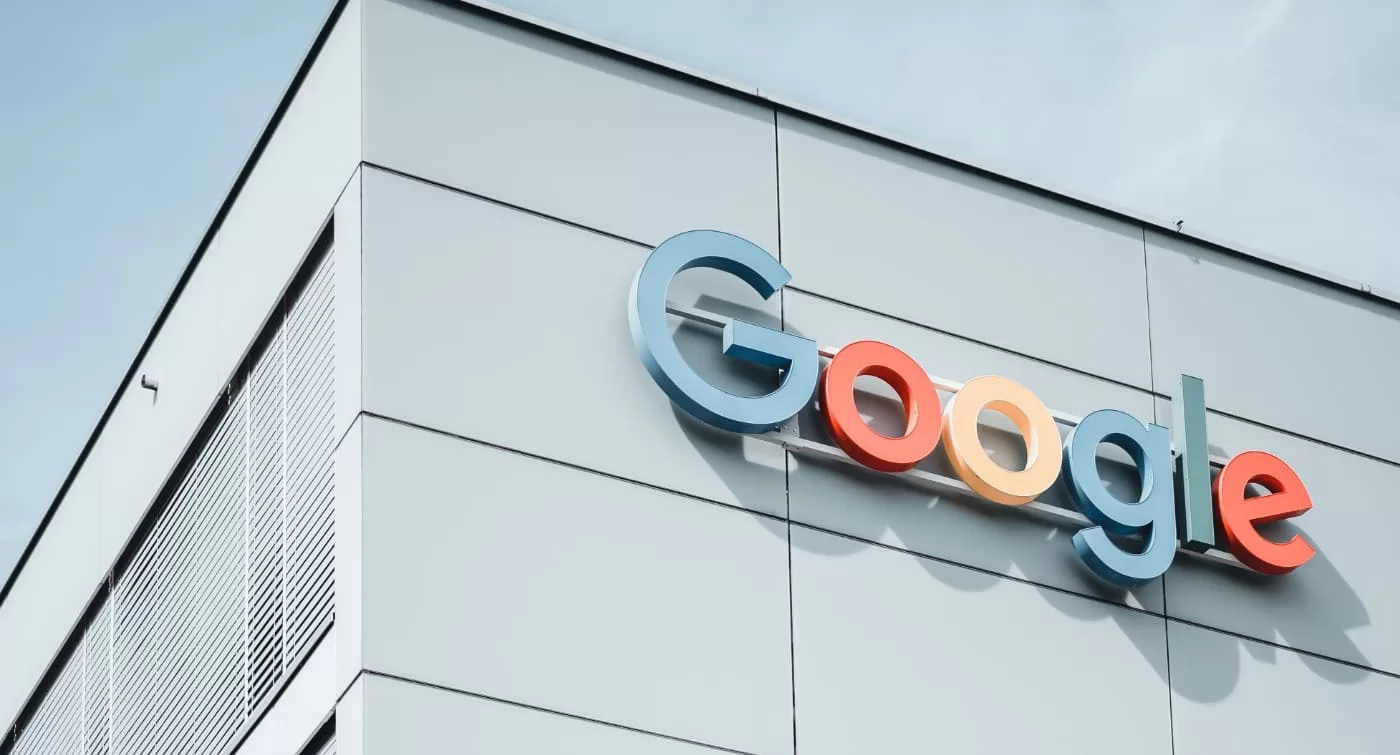News
US Moves to Break Up Google’s Advertising Business
The US government has urged a federal judge to order the breakup of Google’s digital advertising empire.

- The US government has urged a federal judge to order the breakup of Google’s digital advertising empire, arguing the tech giant cannot be trusted to police itself after years of allegedly monopolistic practices.
The US government on Friday asked a federal judge to mandate the breakup of Google’s digital advertising business, insisting that the company’s promises to reform its practices are unreliable.
The demand came during closing arguments in a major antitrust lawsuit targeting Google’s ad tech “stack,” the core system used by publishers to sell ads and by advertisers to buy them.
This case marks the second major antitrust test for Google this year. In September, a judge rejected a similar Department of Justice (DOJ) bid to break up the company’s powerful search engine business.
The DOJ’s actions form part of a broader push to rein in the dominance of US tech giants including Apple, Amazon and Meta, although results have varied. Just this week, a judge ruled against government lawyers in an antitrust suit involving Meta.
In filings submitted before Friday’s hearing, the DOJ — supported by multiple states — accused Google of building and maintaining illegal monopolies in two interconnected ad technology markets through “a decade-long campaign of ever-mutating unlawful conduct.”
Prosecutors argue that Google effectively controls all sides of the digital advertising marketplace: the platform publishers use to sell ads, the exchange where transactions occur, and access to massive advertiser demand. The DOJ noted Google once likened this setup to Goldman Sachs owning the New York Stock Exchange.

Assistant Attorney General Gail Slater said the government’s goal is straightforward: “We are here to fix the problem… the best solution is to break up Google’s monopoly, which will create a new competitor.”
Google has dismissed the proposed remedies as excessive government overreach, warning that forced divestitures would harm publishers, advertisers and consumers. It also claims breaking up its system would be technically unfeasible.
The closing arguments follow an earlier liability ruling in which Federal Judge Leonie Brinkema found that Google had willfully monopolized both the publisher ad server and ad exchange markets.
Prosecutors are seeking wide-ranging remedies, including compelling Google to sell its AdX exchange and open-source key auction technology.

Laurel Kilgour of the American Economic Liberties Project noted that Brinkema expressed concern about imposing remedies that could later be reversed during what is expected to be a lengthy appeal by Google.
The remedies trial featured testimony from 19 witnesses and seven experts over 11 days. While the judge in Google’s search case argued AI advances are a reason for caution, DOJ lawyers in the ad tech case insist that artificial intelligence will only strengthen Google’s dominance.























